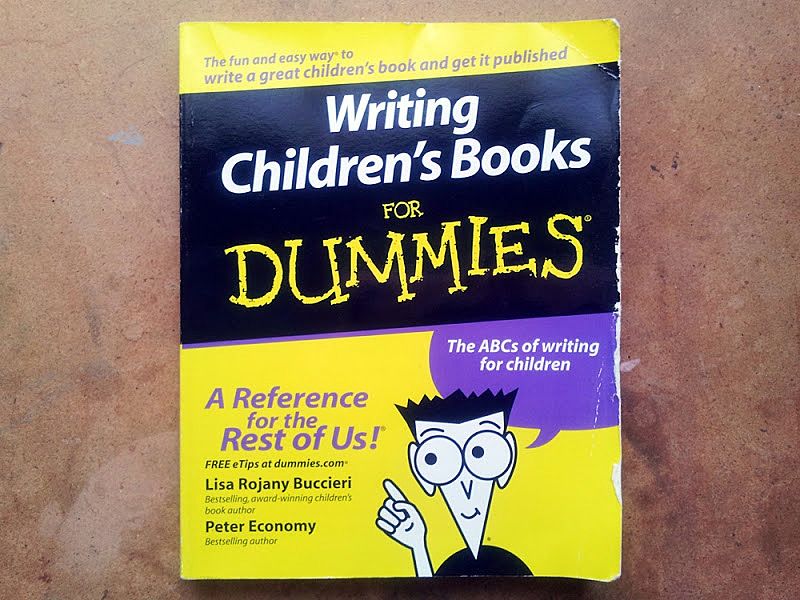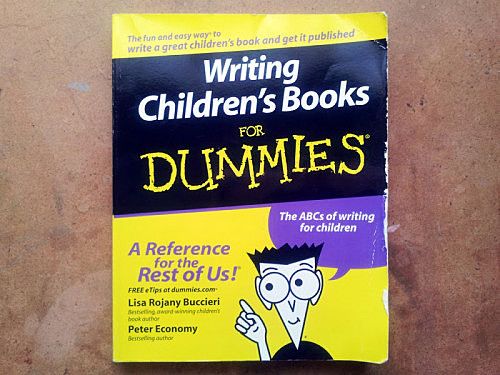Internet Histories | 16 June
The conditions and possibilities of reading books meant for children.
This fortnight:
The conditions and possibilities of reading books meant for children
Matt
In the foreword to the 10th anniversary edition of Infinite Jest, Dave Eggers talks for a bit about the contrived distinction between easy books and literary ones. Literary ones make the reader work, or are experimental or literally novel in some way; easy ones are don’t, and aren’t. He ends up not really buying this argument, and I thought most people didn’t either, but then I read this piece and learned that I should be embarrassed for reading fiction meant primarily for children:
But the very ways that YA is pleasurable are at odds with the way that adult fiction is pleasurable. There’s of course no shame in writing about teenagers; think Shakespeare or the Brontë sisters or Megan Abbott. But crucially, YA books present the teenage perspective in a fundamentally uncritical way. It’s not simply that YA readers are asked to immerse themselves in a character’s emotional life—that’s the trick of so much great fiction—but that they are asked to abandon the mature insights into that perspective that they (supposedly) have acquired as adults. When chapter after chapter in Eleanor & Park ends with some version of “He’d never get enough of her,” the reader seems to be expected to swoon. But how can a grown-up, even one happy to be reminded of the shivers of first love, not also roll her eyes?
Rough. The most recent ‘YA’ fiction I’ve read was The Hunger Games, and I thoroughly enjoyed it – not as a book meant for children, simply as a book I was reading. I thought the writing wasn’t bad, and figured if my kid sister – who’d insisted I read it before we went to see the movie – was picking up some of the subtextual messages of female empowerment, well, that was probably a good thing, but no less a good thing than for anyone of any age reading it and taking away those same messages. Anyway, this amazing response from a writer of YA fiction rebuts it incredibly satisfactorily:
“YA is formulaic, worthless dreck,” she said, transforming into a vampire.
She bared her fangs.
“I’m 170 years old,” she said, and blew some smoke into my face.
“How could you?” I asked. “You know that nicotine caused my cancer.”
“Mine too,” she said. “Mine too.”
“Back to your article,” I said. “I think it annoyed me because you complained we live in an era of ‘read whatever you want,’ but the truth is that era has never existed, Ruth. Ever since the printing press democratized access to prose, the bourgeoisie has strived to vilify popular writing in order to elevate itself above commoners.”
I fainted from my cancer.
Elsewhere:
Bacteria kills us mostly be accident
The false patriotism of Saving Private Ryan
Tolkien's insightful translation of Beowulf
Let's reinvent the bookshop
How a band gamed Spotify to the tune of $20,000
The NZ Herald's war on... tenants?
How a medical mistake took one life and may save thousands of others


